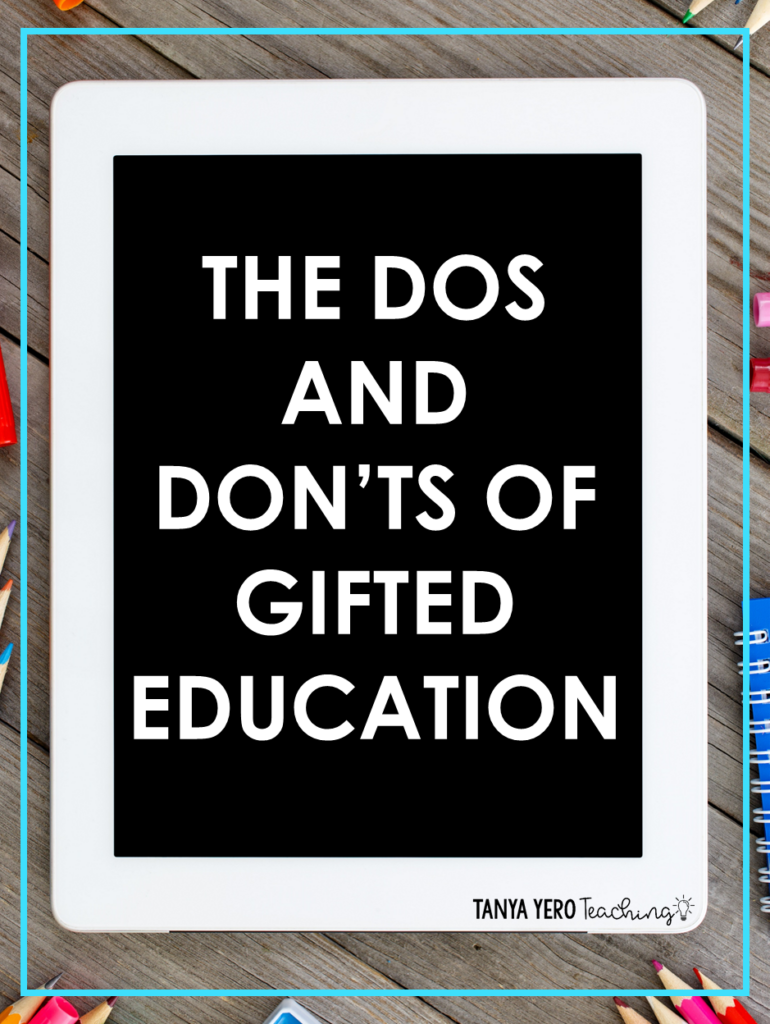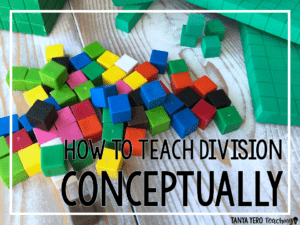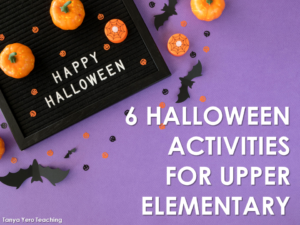When it comes to gifted education, your students need you to support them in the classroom. I taught gifted education for five years and learned so much about my special learners! I taught at a unique public school in Florida where we offered fulltime gifted services for K-12 learners. My first year was a major learning curve for me; navigating gifted curriculum and how to best serve my students.
Whether you are a full-time gifted facilitator or are a part-time gifted educator that has students identified as gifted in your classroom, it’s important to know what to expect (and not to expect) from your learners. Here are some Dos and Don’ts of Gifted Education to help you give your students the best educational opportunities.
DOs
Set boundaries with parents and families.
To begin with, parents of gifted students are traditionally very involved in their students’ education. That’s wonderful! Of course, I love that parents are advocates for their kids. However, it’s important to set boundaries with parents and families early on. First, let them know that you will reply to emails or phone calls within 24 hours. Although differentiation is extremely important for students, there are many requirements that students can’t opt-out. In addition, remind parents that you know what is best for their kids and you’re on the same team. Just because a student is identified as gifted doesn’t mean they may not struggle with schoolwork or expectations. Have those conversations with parents early and as needed.
Know your gifted standards.
Did you know there are national gifted standards? These standards for gifted education focus on gifted knowledge and programming standards. To begin, the knowledge standards focus on what you as a teacher should be able to demonstrate to acknowledge the differences that gifted learners possess. Knowledge standards not only look to the academic but also the social-emotional and cultural needs of gifted learners. Finally, gifted educators should be able to design learning to help enhance their individual gifts and talents. Programming Standards are divided into six standards that focus on teacher preparation and expectations.
- Learning and development
- Assessment
- Curriculum planning and instruction
- Learning environments
- Programming
- Professional development
Source: National Association for Gifted Children
Know the type of gifted programs you are expected to offer.
Depending on your school or district, you may facilitate workshops, have scheduled pull-out for your gifted learners, or support your teachers to supplement and differentiate curricular materials. Instead of just giving teachers materials, ask them what they need to support their learners. Also let them know you are there to support them, not replace them.
Seek support from admin/guidance.
I’ve already mentioned classroom teachers and parents, but gifted education is a team effort that extends to administration and counseling as well. First, schedule meetings early in the year to make sure you know your budget from administration and how to support your learners’ social-emotional needs from counseling.
Collect data.
In some districts, your gifted learners have individual education plans (IEPs) just like students with special education needs. You’ll be expected to fill out reports for learners identified as gifted. In addition, you will need to test students that are in the identification process. You may also use input from parents and classroom teachers in the identification process. Data is an important part of gifted education.
Implement opportunities for problem-solving and critical thinking.
Whether you are pulling out kids for gifted learning time or providing supplemental materials, you should be implementing opportunities for problem-solving and critical thinking. Share these early finisher activities to support your learners with logic activities and more! Check out the math specific early finisher activities to use all year! This bundle includes eight activities each month to support your learners with deductive reasoning and problem-solving opportunities.
DON’Ts
Don’t expect gifted education to be more work for students.
If your gifted students have met a given grade-level standard, the work you’re providing is an extension and a replacement for that work. Gifted doesn’t mean more work, in fact, it means a different kind of work. This is an important conversation to have with classroom teachers. Let them know that their gifted learners are expected to take assessments, for example, but classroom work made be replaced with extension materials when they have met a standard.
Don’t expect gifted education to be less work for you.
When I was teaching gifted education, it was hard to explain to other teachers what I did all day. It was a lot of work! Even though you may not have learners all day in your classroom, you will be meeting with parents, teachers, students, administrators, and counselors often. Of course, you will also be responsible for designing lessons for various content areas and levels. You’ll also be collecting data and giving assessments. Gifted education is a lot of work, but it’s so rewarding!
Don’t anticipate that this curriculum or program is right for every student in your classroom.
Gifted learners learn differently! That’s no secret. However, it’s important to remember that individual gifted learners also learn in different ways. Be ready to help teachers and students differentiation instructional materials to best suit the learning needs and gifted standards for your students. Do remember that you were chosen for this job for a reason! Your advocacy for gifted learners and the desire to learn more will help you meet the needs of your amazing students. Don’t forget to reach out for help! We are here to support you with materials and information to support your students!






